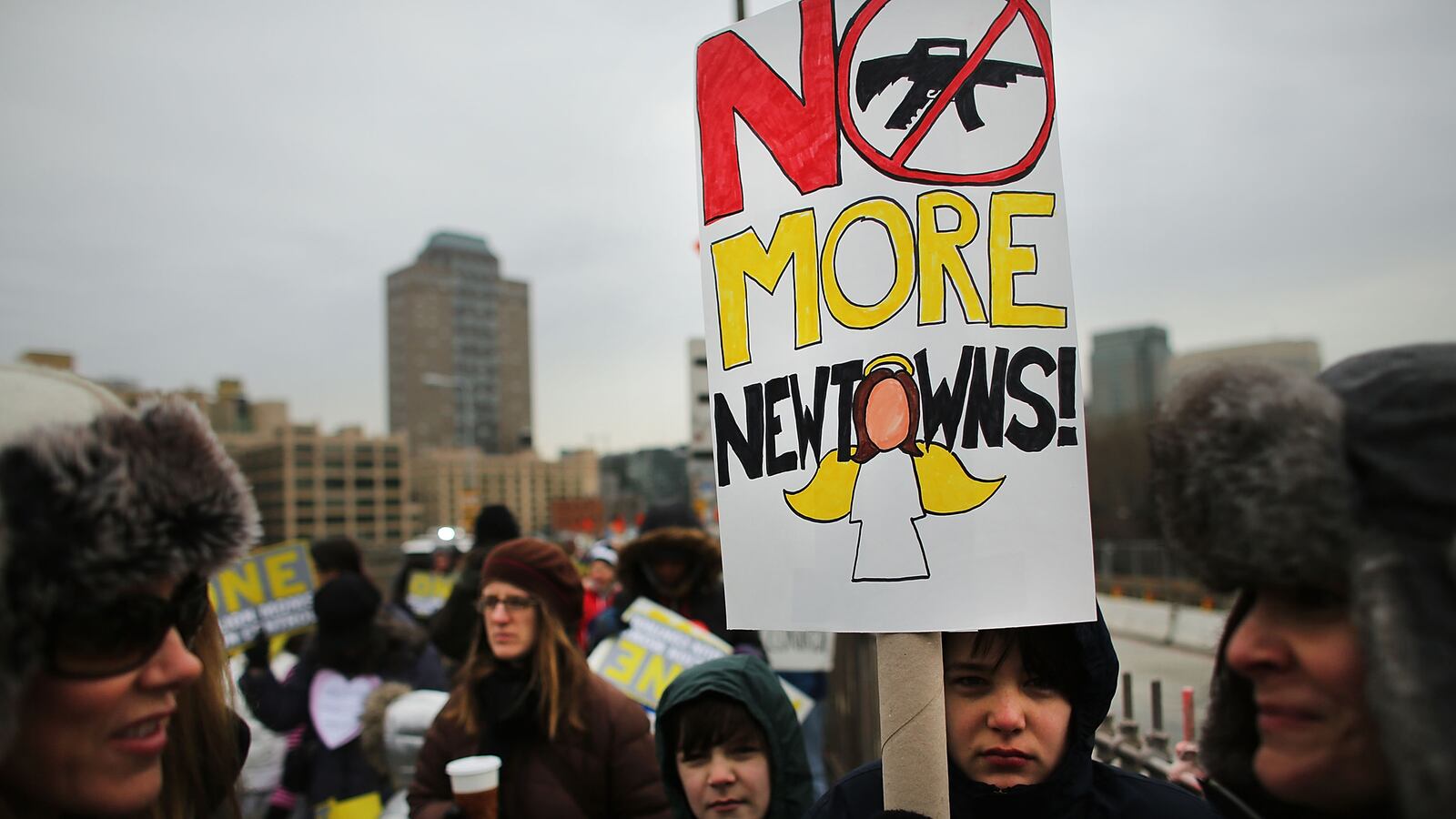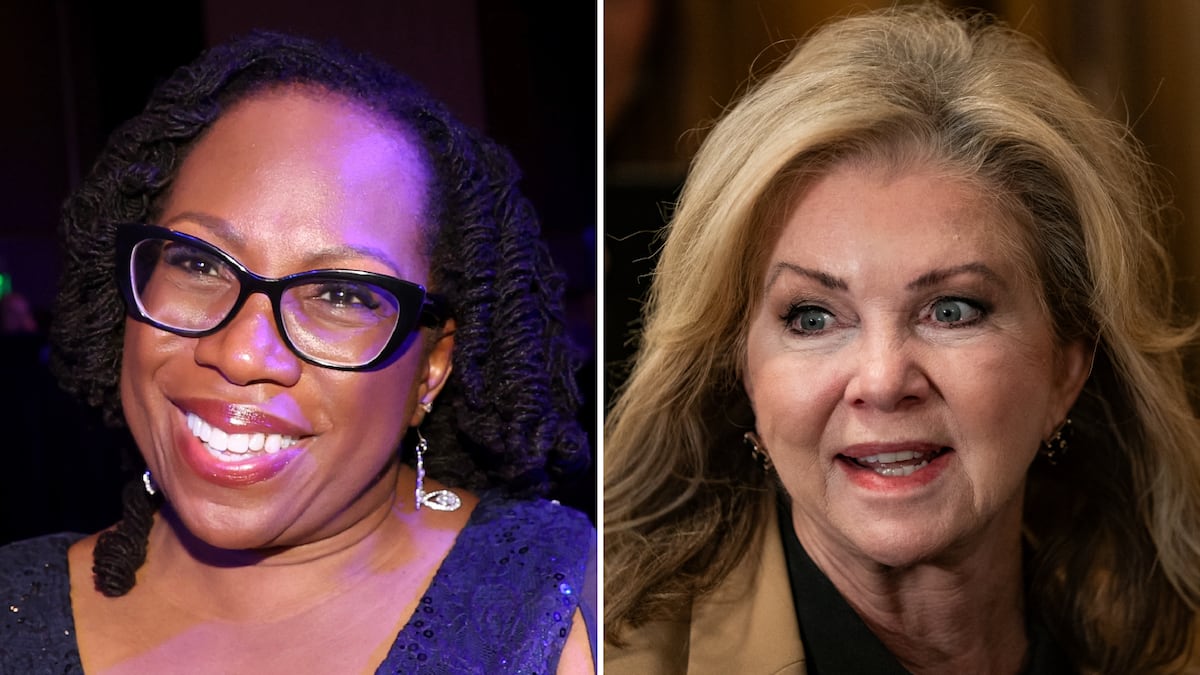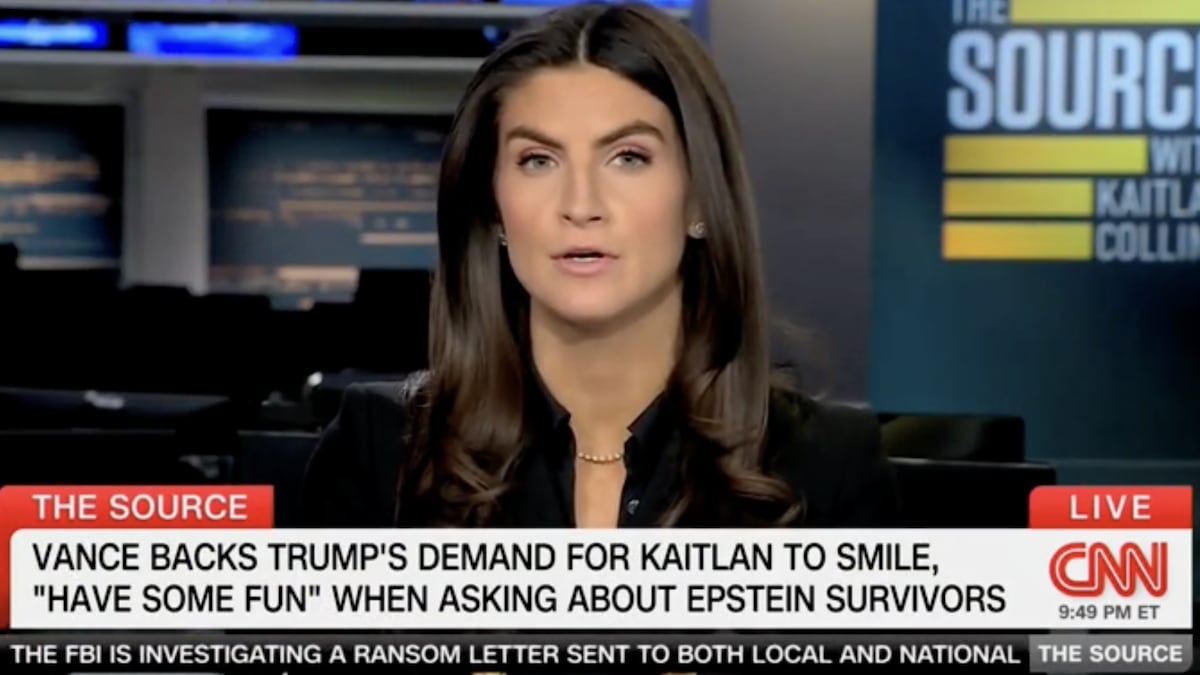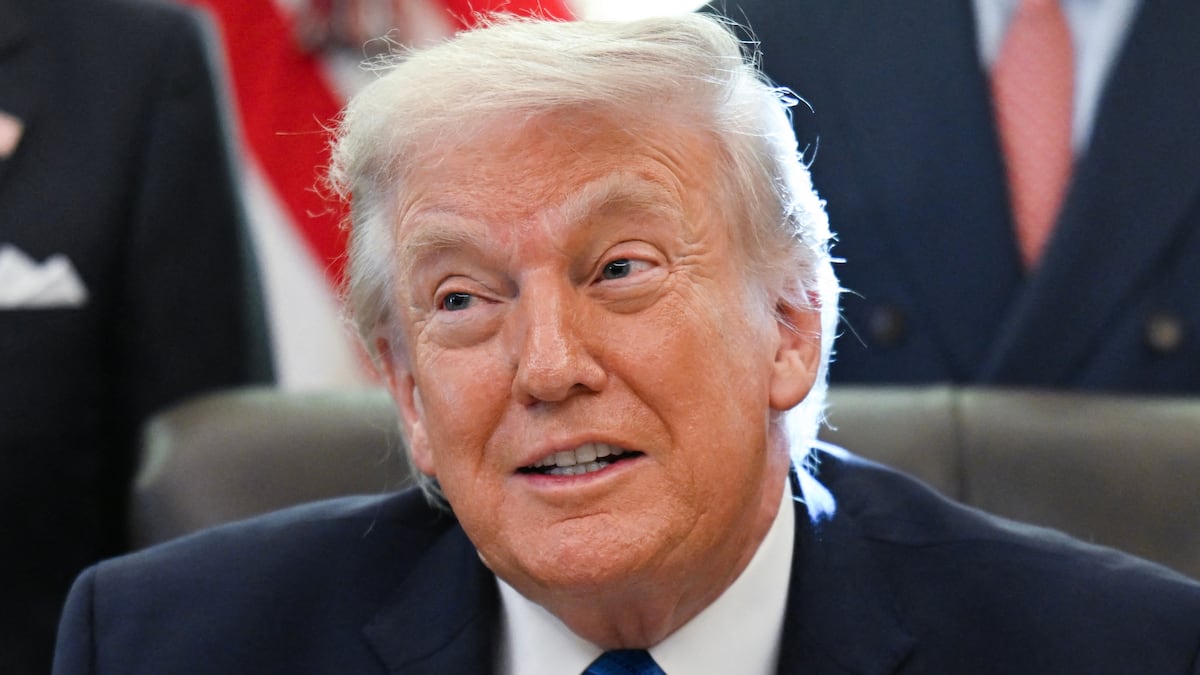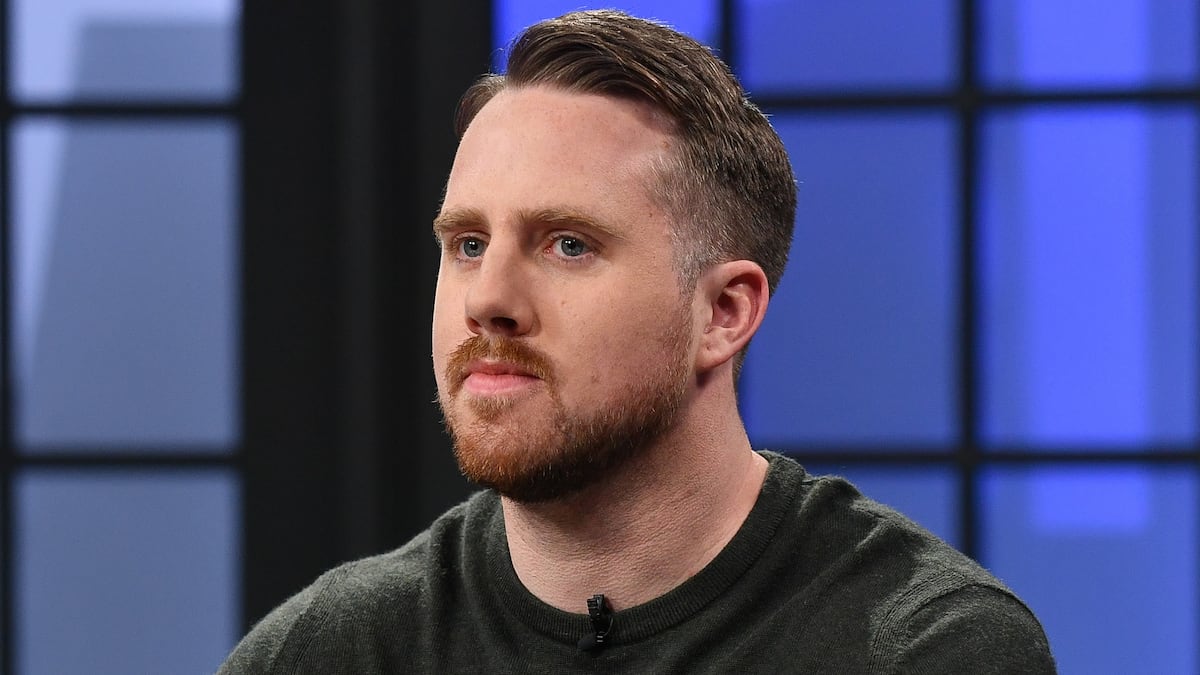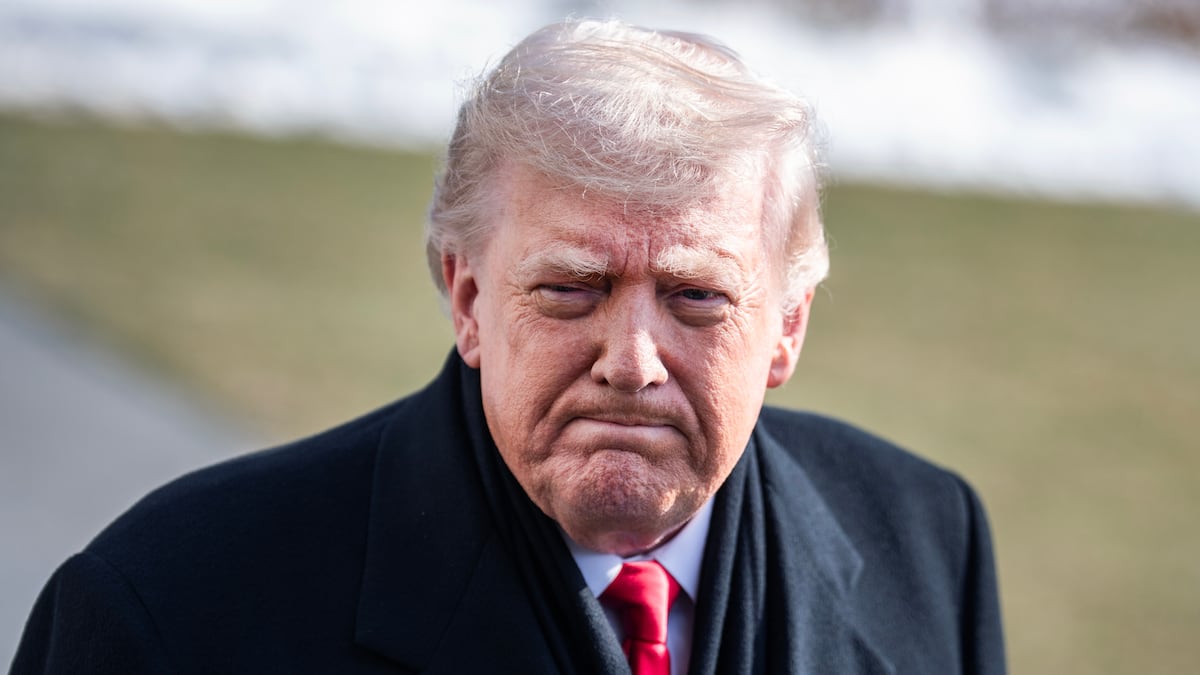The Great Gun Debate shows American political discourse at its irrational worst, with both left and right promoting panic and hysteria that distracts attention from the nation’s truly menacing problems. Instead of addressing crushing deficits, economic stagnation, political gridlock, and the erosion of middle-class security, politicians and pundits obsess over gun violence—one of the few challenges where the United States has made dramatic progress in recent years.

How can the president and his supporters work themselves into a self-righteous lather over minor regulatory adjustments that have been tried before with no measurable impact on the rate of firearms crime?
And how can conservatives work themselves into a paranoid lather over minor regulatory adjustments that have been tried before with no significant impact on our constitutional right to keep and bear arms?
There’s no logical reason to believe that a bureaucratic ban on assault rifles—weapons that are currently associated with less than 2 percent of overall murders—will bring about a magnificent, harmonious new day of enhanced public safety or, for that matter, usher in a Fascist nightmare of jack-booted feds stripping law-abiding citizens of their right to self-protection. Enhanced background checks for gun purchasers? They may—or may not—constitute a worthwhile reform, but this modest proposal hardly dictates a sweeping, significant change in American life, for good or for ill.
Why, then, all the passion—on both sides—over an issue that in no way counts as a crisis? And why the ferocious polarization and doomsday rhetoric concerning potential changes with trivial real-world consequences?
In part, the craziness stems from appalling media malfeasance: in particular, the saturation coverage of the horrifying massacre at Newtown, with no effort at placing the incident in historical context. Inevitably, the thought of 20 slaughtered children provokes a wrenchingly emotional response, but the numbers indicate that young kids and all other Americans are significantly safer from deadly violence than they were 10 or even 30 years ago. Official statistics from the Department of Justice show the murder rate cut by more than half between 1980 and 2011, and the rate of all violent crimes reduced nearly as sharply. Very few economic or educational figures display decisive movement in a positive direction since Barack Obama first took the oath of office, but the rate of violent crime has declined dramatically under his watch: down a full 13.2 percent between 2006 and 2010.
Rather than celebrating this progress, the president and his allies seem determined to generate a sense of crisis and to persuade the nation that a (nonexistent) rising tide of gun crime requires emergency action. To conservatives, this represents one of the most loathsome habits of liberal elites: exaggerating or inventing threats to the public’s well-being in order to justify relentless expansion of government power.
This tactic usually accompanies another tendency that right-wingers actively despise, with progressive do-gooders outspokenly determined to protect ordinary people from their own bad decisions or irresponsible preferences. President Obama, who once derided blue-collar Americans for “clinging” so stubbornly to their religion and their guns, clearly views the decision to bring firearms into a home with suspicion and disapproval.
Despite their occasional assurances to the contrary, advocates of gun control clearly seek to reduce overall levels of firearms ownership, not just to limit the distribution of certain weapons, or to keep guns out of the hands of criminals and crazies. How else to explain their enthusiastic embrace of gun buy-back programs where, typically, churches and other neighborhood organizations sponsor campaigns giving cash or gift cards to respectable citizens who wait patiently in line to turn in their firearms for destruction? It’s hard to imagine this sort of program disarming violent thugs or dangerous lunatics.

Moreover, when the White House selected four children to appear with the president as visual aids when he signed his executive orders on gun control, their precocious letters (chosen from among millions) made it clear that these special kids hoped for a total firearms ban and not just minor restrictions. Eight-year-old Hinna Zeejah concluded her correspondence to the president with the sentiments: “I love my country and I want everyone to be happy and safe. No guns! No guns! No guns! No guns!” Julia Stokes, 11-years-old, also implored the president: “I know that laws have to be passed by Congress, but I beg you to try very hard to make guns not allowed.”
This visceral hatred of firearms doesn’t so much reflect profound distrust of guns as it reflects profound distrust of any neighbors who might choose to buy guns. Firearms, after all, are inanimate objects, incapable of inflicting harm on their own initiative.
People who hate all weapons, or who say they merely despise so-called assault weapons, remain perfectly free to maintain their homes as gun-free zones. But the fact that they want to impose their distaste for guns on the family next door, shows a lack of respect for those neighbors—an attitude that helps to drive conservatives wild. Mayor Michael Bloomberg of New York City inspired enraged indignation with his ban on sugary drinks of more than 16 ounces, displaying a nanny-state instinct to save people from themselves. He displays that same instinct even more passionately when it comes to guns, suggesting that he knows better on what a law-abiding family should do to insure its own protection.
Conservatives react so angrily to officious “gun-grabbers” because they display the classic liberal impulse to impose the judgment of officials and experts above the choices of everyday citizens on how to invest the money that you earn, how to educate your kids, what insurance policy you can buy, and how to make yourself safer at home.
On the other side, when liberals hear the fury on the right denouncing the president as a tyrant, or a new Hitler with a secret scheme to disarm all opposition, they conclude that the emotional people who shout the loudest about gun rights are exactly the people who shouldn’t have guns at all. Conservatives who demonstrate on behalf of the Second Amendment see themselves as successors to the Founding Fathers and the original Minutemen, but progressives view them as latter-day reflections of the Ku Klux Klan and white-supremacist militias.
The same way that the right sees the push for gun control as an expression of the liberal instinct to impose elite judgments on ordinary people, the left sees the push for gun rights as an expression of the conservative ideal of radical individualism, with people looking out for the defense of their own families but wanting to make no contribution to society at large. President Obama regularly caricatures the conservative message as telling the public “You’re on your own”; to Obama supporters, the strong rightist insistence on citizens defending themselves seems to confirm that message.
In other words, the gun debate becomes explosive and impassioned because each side feels ridiculed and abused for attitudes and actions they view as positive and admirable. Conservatives acquire firearms to defend their neighborhoods from bad guys, but get stigmatized by liberals as a source of danger. And progressives feel proud of their efforts to uplift and enlighten the most vulnerable members of society, but find themselves derided for meddlesome interference that threatens privacy and self-reliance.
There’s no way to split the difference between the two extremes, but President Obama could have defused the most polarizing aspects of the debate by focusing more specifically on a few small areas of potential cooperation. All parties agree that it should become more difficult for criminals and the mentally ill to get firearms and that enhancements in school safety are necessary and appropriate. Before framing his own multifaceted program as a noble crusade and suggesting that any disagreement counted as immoral and demagogic, the president could have reached bipartisan consensus on a few practical, uncontroversial changes to reassure the public.
Instead, he rushed to use the firearms issue as one more tool to bludgeon and discredit his Republican opposition. His moral fervor on gun control looks suspect at best, given his refusal to even address the issue during his first four years—when statistics showed violent crime rates looking considerably worse than they do today. In the current battle, the rage from all sides has already led to soaring sales of guns and ammunition. The angry charges and counter-charges will ultimately do nothing to bring further reductions in violence but have already made a major contribution to perpetuating the polarization, puerile posturing, and stalemate from federal leaders of every faction.

